Download the ‘CEPF Med’ factsheet
Discover the key highlights from CEPF Mediterranean Hotspot Investments (2017-2023).
As a global Partnership, we believe in internationalism. We have translated as much content in your language as our resources allow. Please visit the English language site to view all of our content.
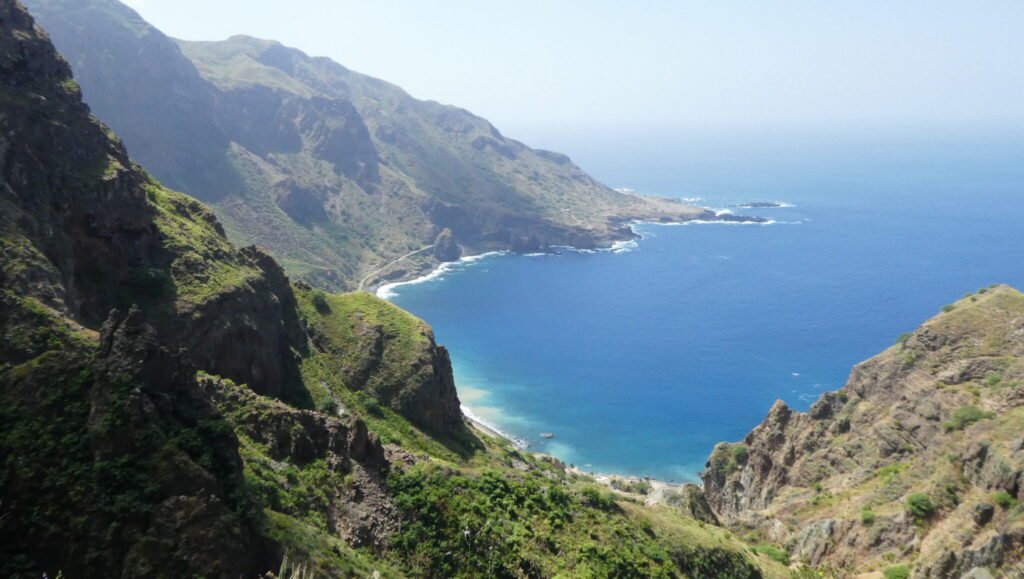
Supported by the Critical Ecosystem Partnership Fund (CEPF), BirdLife and our local partners are guiding local conservation projects in the Mediterranean – working closely with local communities and civil society organisations to protect unique and threatened species and habitats in this fabulously biodiverse and culturally rich region.
Imagine bee-eaters, cave salamanders, geckos, macaques, dragonflies and pelicans all in one region – some of them found nowhere else on earth. This is just a taste of the stunning diversity the Mediterranean Basin Biodiversity Hotspot harbours. But with miles of golden beaches, turquoise seas, spectacular mountains and a warm summer climate, it is no wonder so many tourists also flock to the area.
Stretching from the archipelago of Cabo Verde in the west to Jordan and Turkey in the east, the region is home to more than 25,000 plant species and its one of the most important areas on Earth for endemic plants. Meanwhile, given its at the heart of the three African-Eurasian flyways, millions of migratory birds journey depend on the region to complete their vast annual migrations.
And therein lies the problem. Rapid economic development, an increasing human population, and 32% of the world’s international tourists are creating unprecedented pressures on the Mediterranean’s natural habitats –compounded by a lack of effective planning and management systems. And this politically turbulent region is also special because of its cultural importance. The Mediterranean contains some of the world’s oldest civilisations, and its rich cultural and linguistic diversity rivals that of its rich array of species- necessitating a local approach to conservation that benefits both people and biodiversity.
BirdLife International and our national Partners DOPPS (BirdLife in Slovenia) and BPSSS (BirdLife in Serbia) serve as the dedicated Regional Implementation Team for the hotspot. This means we guide funding to the most important areas, even the smallest of organisations; empowering civil society, improving conservation outcomes, strengthening networks and sharing best practices.

The Critical Ecosystem Partnership Fund (CEPF) is a joint initiative of l’Agence Française de Développement, Conservation International, the European Union, Fondation Hans Wilsdorf, the Global Environment Facility, the Government of Japan and the World Bank. In the Mediterranean hotspot, additional funding has been provided by the MAVA Foundation, the Audemars-Watkins Foundation, and the Donors’ Initiative for Mediterranean Freshwater Ecosystems (DIMFE)
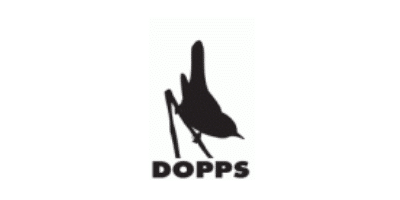
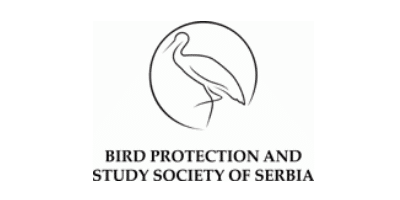
By supporting the development of conservation strategies driven by local input, and providing grants to civil society (including non-governmental, private sector and academic organizations) to implement those strategies, we seek to protect biodiversity, build long-term local conservation leadership and nurture sustainable development. These strategies are also designed to be valuable to other entities working to conserve the hotspots, and often lead to collaboration and coordination with other organizations and governments.
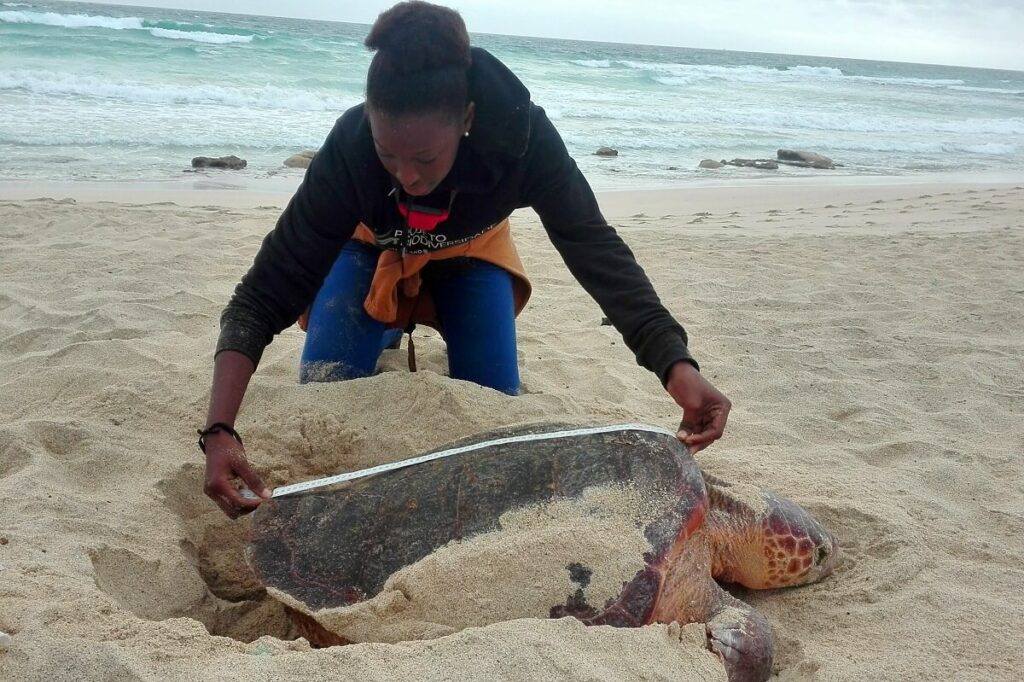
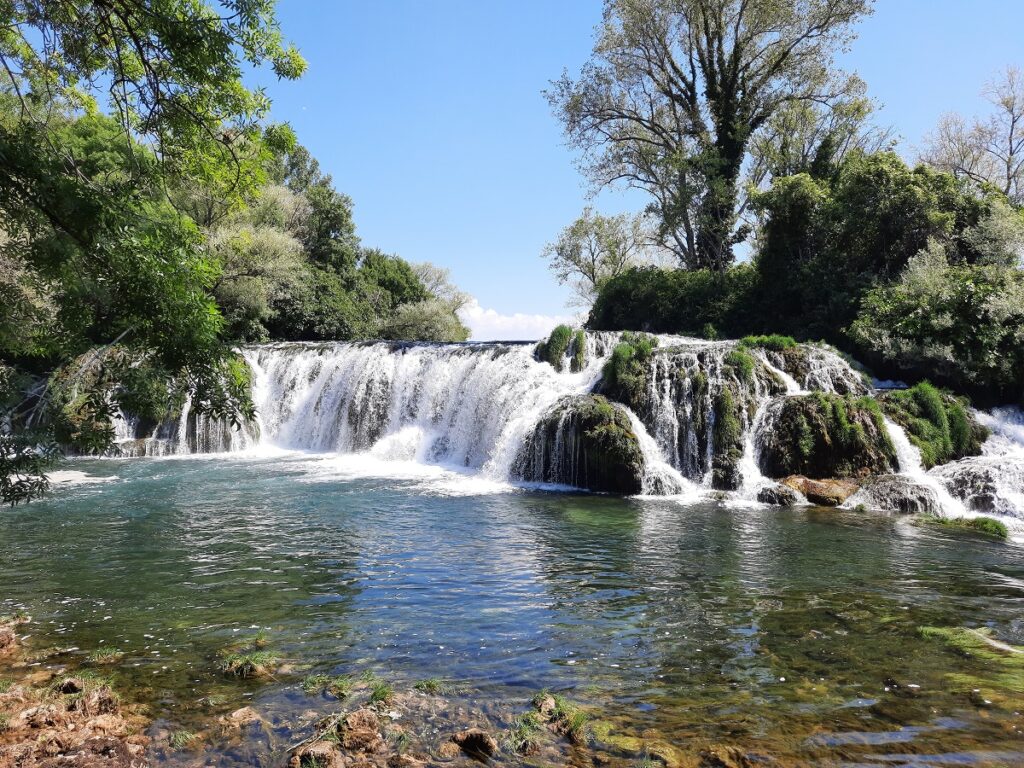
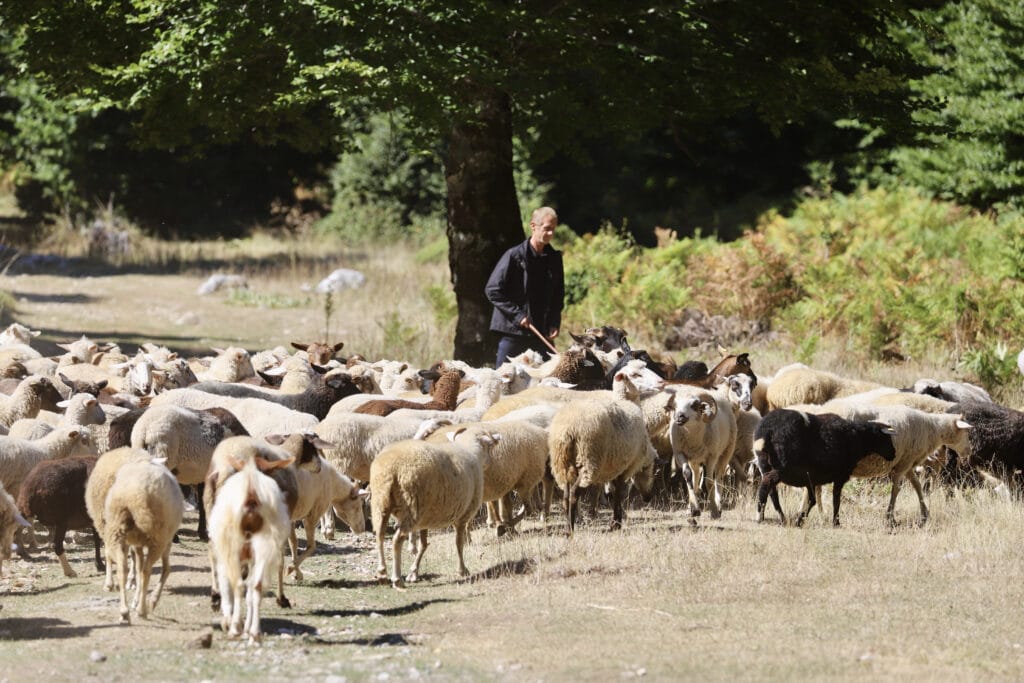
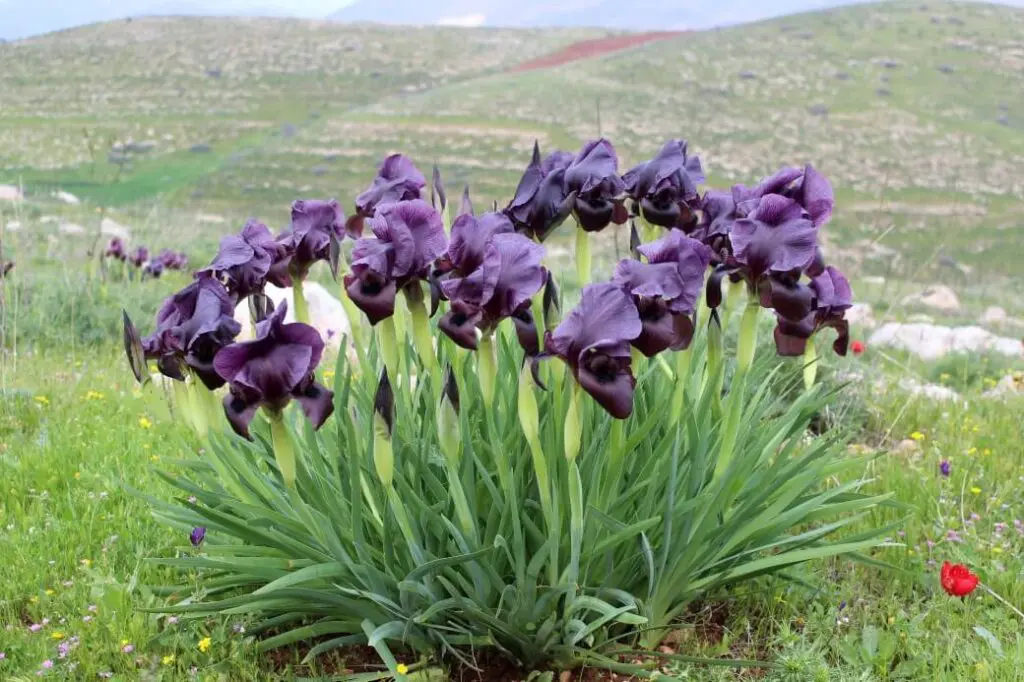
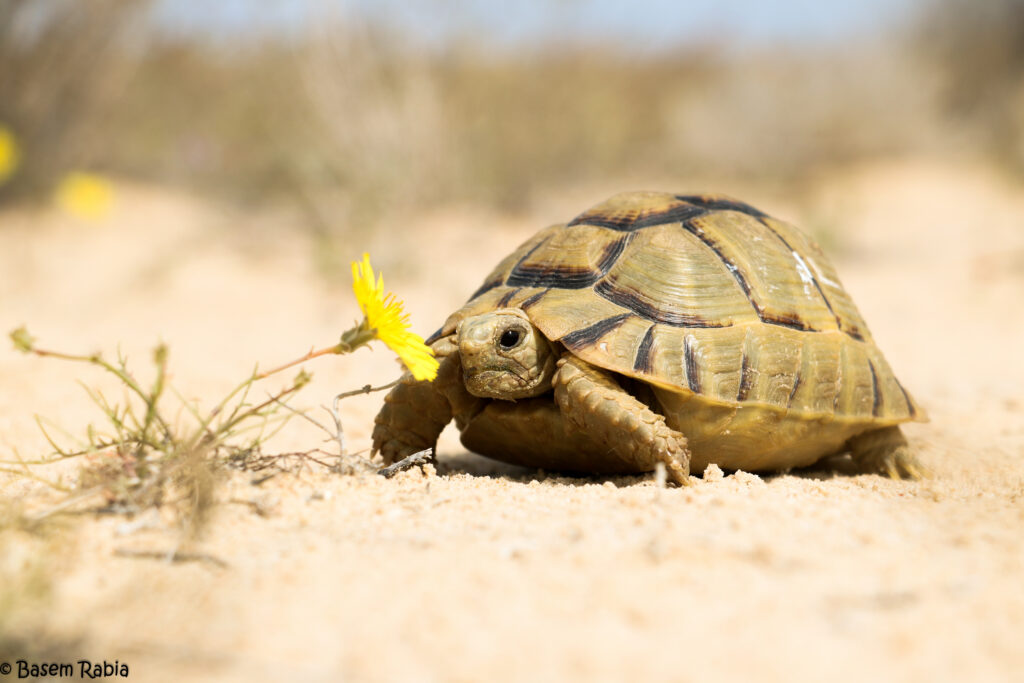
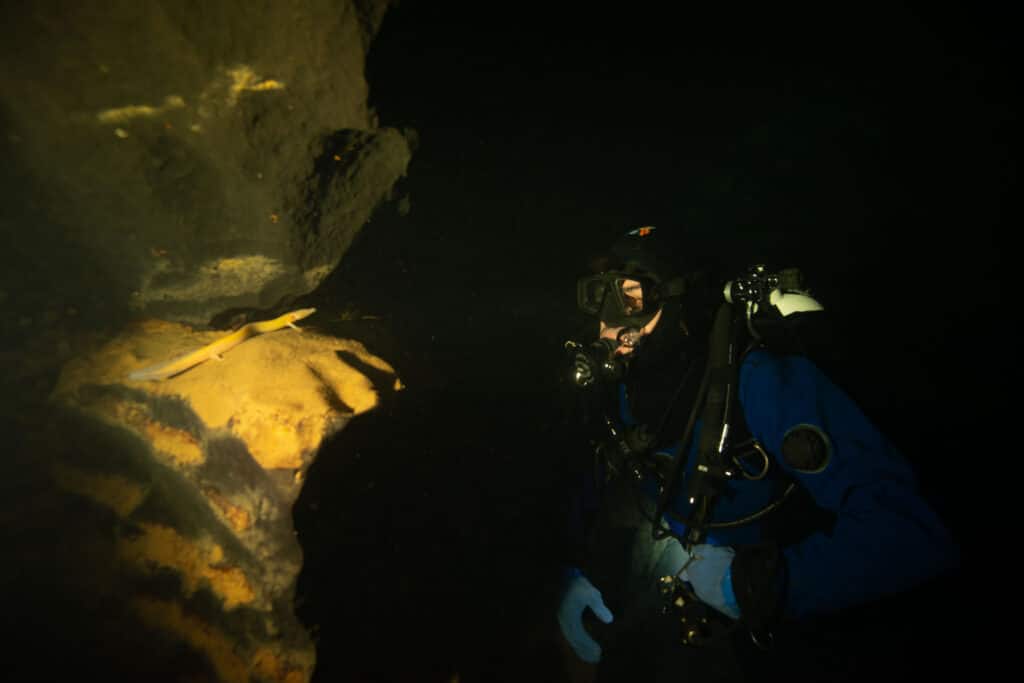
In the first phase (2012-2017), CEPF invested $10.9 million through 106 grants to 93 organisations in 12 countries. Now, CEPF have invested an additional $11.1 million to award to conservation projects through 2023. This second phase of investment allows us to continue providing expert officers on the ground to ensure the shrewdest investments and management to ensure the best conservation outcomes.
From helping Loggerhead Turtles nest successfully in the African archipelago of Cabo Verde, to recording the true richness of fauna and flora in Sebkhet Sejoumi, the most important urban wetland in Tunisia, or supporting local conservationists to save Albania’s Divjaka-Karavasta National Park from being developed into a new concrete tourist city, BirdLife’s local partners help focus energies and drive the best conservation action.
Divjaka-Karavasta National Park, home to more than 260 bird species – 18 of which are globally threatened – and harbouring huge numbers of migrating and wintering waterbirds each year, is still at risk as commercial developers wield their money and influence over local and national politics. A coalition of 21 NGOs was formed to remind the Minister of Tourism and Environment of his government’s commitment to protect existing protected areas.
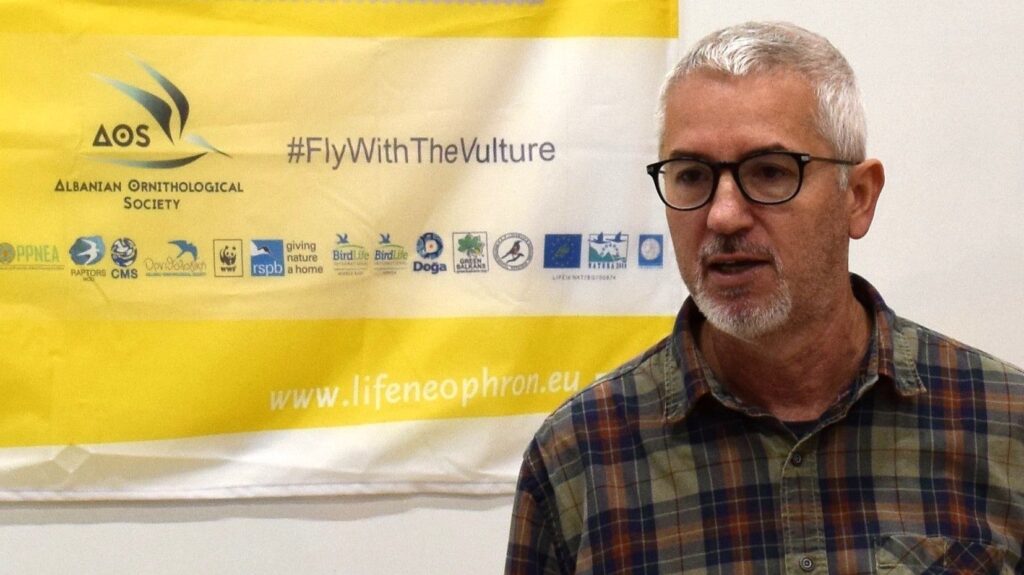
“Building synergies with other national and international NGOs makes the cause even stronger.”
Taulant Bino, Head of Albanian Ornithological Society
Taulant Bino, Head of Albanian Ornithological Society, cites the support of CZIP (BirdLife in Montenegro), who were successful in preventing the loss of Ulcinj Salina from unsustainable tourism plans, and who then organised public forums to share their experience in Albania – ”we all learned a lot”.
BirdLife’s partners are uniquely equipped to share their experiences and lessons learned for greater impacts achieved more quickly.
Discover the key highlights from CEPF Mediterranean Hotspot Investments (2017-2023).
At CEPF, we provide support to local people to engage and tackle the biodiversity challenge.
Explore the conservation successes and innovative initiatives from CEPF’s first phase.